|
ABSTRACT:
TBA |
Colloquium Friday, August 30, 2024 3:30 PM TBA, Room TBA Note special room. |
|
ABSTRACT:
TBA |
Colloquium Friday, September 6, 2024 3:30 PM TBA, Room TBA Note special room. |
|
ABSTRACT:
TBA |
Colloquium Friday, September 13, 2024 3:30 PM TBA, Room TBA Note special room. |
|
ABSTRACT:
TBA |
Colloquium Friday, September 20, 2024 3:30 PM TBA, Room TBA Note special room. Zoom Link: |
|
ABSTRACT:
TBA |
Colloquium Friday, September 27, 2024 3:30 PM TBA, Room TBA Note special room. Zoom Link: https://web.phys.virginia.edu/Private/Covid-19/colloquium.asp |
|
ABSTRACT:
TBA |
Colloquium Friday, October 4, 2024 3:30 PM TBA, Room TBA Note special room. Zoom Link: https://web.phys.virginia.edu/Private/Covid-19/colloquium.asp |
|
ABSTRACT:
Black holes are utterly simple to describe---regions of space from which nothing can escape---but nevertheless have profound implications across widely disparate fields of physics. The study of quantum effects near black holes challenges our most basic notions of quantum information, while observational astronomy demands black holes as an energizing power source for a huge variety of spectacular displays. After reviewing the history of the black hole idea and describing their role in modern astronomy and quantum gravity, I will turn to two recent developments in the two fields. On the astronomy side, I will discuss black hole imaging and a proposed space mission, the Black Hole Explorer, that will measure light that has orbited the black hole before arriving at the detector. On the fundamental physics side, I will discuss the recent discovery that black holes decohere all quantum superpositions, even those held far outside the horizon. These topics are united by the remarkable conceptual depth that emerges from the simple underlying description of a black hole. |
Colloquium Friday, October 18, 2024 3:30 PM TBA, Room TBA Note special room. |
To add a speaker, send an email to phys-speakers@Virginia.EDU. Please include the seminar type (e.g. Seminars and Colloquia), date, name of the speaker, title of talk, and an abstract (if available).
 Physics at Virginia
Physics at Virginia